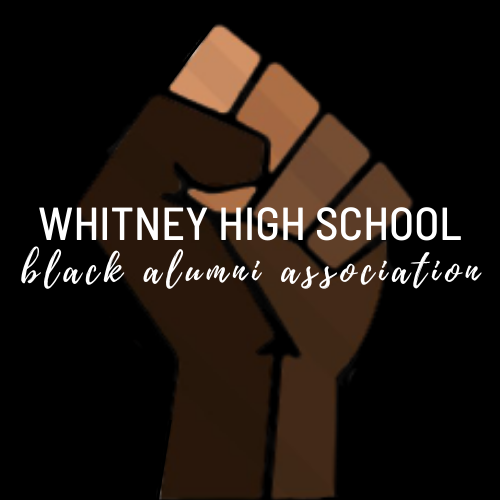Healing Humanity: Honoring Black History in Science & Health Care
The following blog post is written by Kiyana Turner, WHSBAA Secretary.
"I felt like it was necessary to be seen and to not be a hidden figure so to speak. I felt that it was important to do that because the level of visibility that it would have to younger scientists and also to people of color who have often worked behind the scenes and essentially done the dirty work for these large efforts toward a vaccine." - Dr. Kizzmekia Corbett
Black Americans have made immeasurable contributions to United States and global history. In the midst of this 2021 Black History Month that is taking place during the most dangerous pandemic of our lifetimes, WHSBAA would like to highlight Black scientists and health care practitioners that have been breaking barriers and healing humanity one brilliant and bold trailblazer at a time. From Dr. Charles Richard Drew, known as the “father of blood banking,” a Black physician who pioneered blood preservation techniques that led to thousands of lifesaving blood donations; to Alice Ball, a Black chemist who developed the first successful treatment for Hansen’s disease (leprosy). We bring awareness to trailblazers like Dr. James McCune Smith, the first Black American to receive a medical degree, own and operate a pharmacy in the U.S., and the first Black physician to be published in a U.S. medical journal. Dr. Smith used his writing talents to challenge racist notions of African Americans that existed and unfortunately still persist in medical science.
Too many times in history, Black Americans have served as sacrificial lambs to further the advancement of medical practice. We pay homage to Henrietta Lacks whose “immortal” cervical cancer cells were retrieved during a biopsy and used for research without her consent. “HeLa” cells, as they have been nicknamed, have been used to test the effects of radiation and poisons, to study the human genome, to learn more about how viruses work, and played a crucial role in the development of the polio vaccine. While Mrs. Lacks ultimately passed away in 1951 at the tender age of 31, her cells continue to impact the world.
Dr. Kizzmekia Corbett
We recognize the long-standing effects of the 1932 Tuskegee experiment when 600 Black men were enrolled in a 40-year clinical trial and were unethically withheld care for syphilis even after penicillin proved to be a highly effective treatment in 1947. In order to track the disease’s full progression, researchers provided no care as the men died, went blind or insane, or experienced other severe health problems due to their untreated syphilis. As a result of the Tuskegee experiment, many African Americans developed a lingering, deep mistrust of public health officials and vaccines that is still pervasive today. It wasn’t until 1997 that the U.S. acknowledged the immorality of the experiment and apologized for it. In the midst of the COVID-19 pandemic when African American communities are being disproportionately hit hardest by the virus, we acknowledge the dilemma many people face when deciding to put full faith in a vaccine and healthcare system that has not respected the humanity of Black people in the past.
Fast forward to present day— Black scientists and health care practitioners continue the work towards dismantling systemic racism in U.S. health care, addressing health and socioeconomic disparities, and furthering the advancement of medical science. One of the most pivotal faces in today’s COVID-19 pandemic is a Black woman, Dr. Kizzmekia Corbett, one of the National Institute of Health’s leading scientists who developed the COVID-19 vaccine. History in the making!
Even closer to home— the Surgeon General position for the state of California was established in 2019 by Governor Newsom and a Black woman physician is the first to assume the role! Dr. Nadine Burke Harris advises the Governor, serves as a leading spokesperson on matters of public health, and marshals the insights of medical professionals, scientists, public health experts, public servants and everyday Californians to drive solutions to our most pressing public health challenges.
The reason we celebrate Black History Month is to honor and uplift the Black American legacy, the contributions Black Americans have made to building this country, and to acknowledge the incredible impact that Black Americans continue to have in (quite literally) healing our nation. Please join WHSBAA in taking a moment to research and recognize a trailblazing, resilient, or dynamic Black pioneer or group in the field/industry that is most important to you. 🖤





